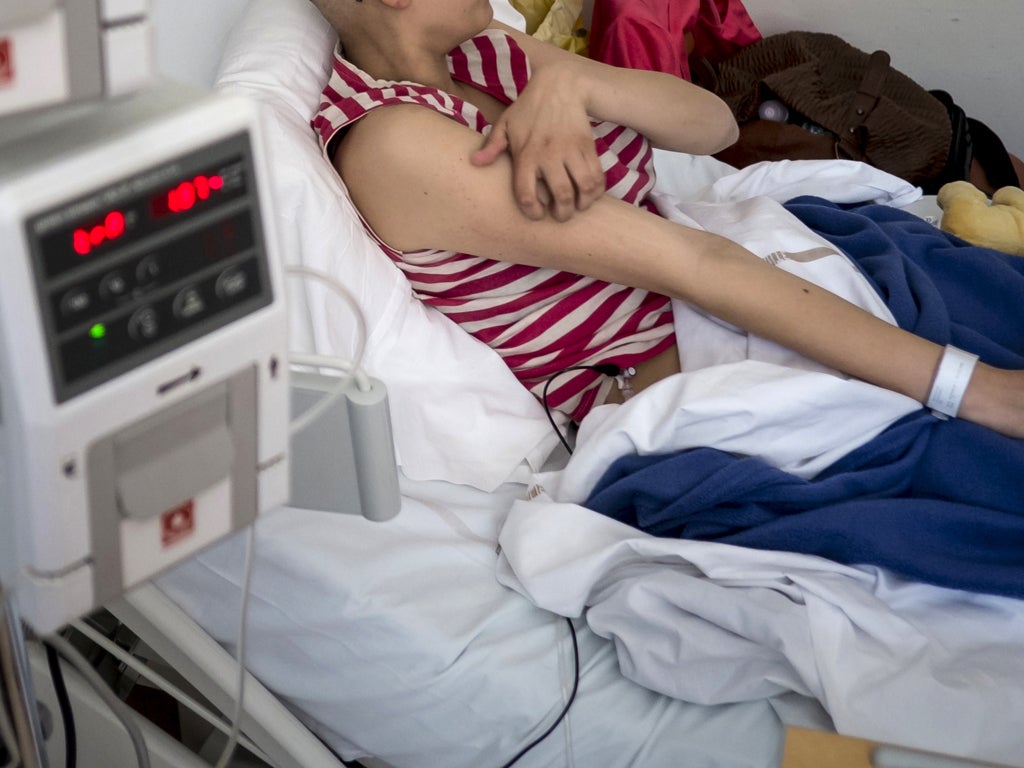World Cancer Day: We've come a long way, but post cancer treatment needs to change dramatically
For some cancers people are now living on average nearly six times longer than four decades ago - but the effects of cancer do not finish when treatment does

Cancer is changing.
For some cancers people are now living on average nearly six times longer after their diagnosis than 40 years ago. This improvement is testament to the improvements in surgery, diagnosis, radiotherapy, and new drugs. There have been particularly dramatic improvements in survival time for breast cancer, colon cancer and Non-Hodgkin’s Lymphoma – with many years added to median survival times.
However, more people are being diagnosed with cancer than ever before, and as treatment improves, more people are living longer with cancer than ever before. The number of people living with cancer in the UK is increasing by 3% every year. We know that there are currently two million people in the UK living with a cancer diagnosis, and if the current rate continues, the number will have doubled to four million people by 2030. Evidence shows that many of these cancer survivors have unmet needs, particularly at the end of treatment, whilst others are struggling with consequences of treatment, that could be either avoided or managed.
For many, cancer is now a long term condition, and it is important to realise that it is no longer just about people dying quickly of cancer or being cured. We also know that the effects of cancer and its treatment do not finish when treatment does. The decisions taken about treatment options may impact upon quality of life long after treatment has finished: patients need support in making the decisions that best reflect their individual priorities.
For many patients, remission of the disease is just the first step in a long and emotionally draining process of recovery. The current system does not meet the needs of all cancer survivors.
The National Cancer Survivorship Initiative (NCSI), a partnership between Macmillan Cancer Support and the Department of Health was launched in 2008 to help improve the lives of people living with and beyond cancer. The NCSI runs a range of programmes that take a more holistic approach to the needs of cancer survivors, for example encouraging physical activity, or helping with issues including work and finance.
Macmillan believes that support for people living with or beyond cancer should not finish after treatment but continue into a phase of supported aftercare. We know that a combination of assessment and care planning, a Treatment Summary from the hospital team to the primary care team, and a patient education and support event (Health and well being Clinic) has a big impact on improving outcomes for people after cancer treatment. We call this the ‘Recovery Package’ and want this to be adopted across the NHS as part of every cancer patient’s care. Underpinning this is the need to promote a cultural shift in professionals towards shared decision making and supporting patient self-management.
As we continue to take these vital steps in cancer treatment, the NHS post cancer treatment services will need to dramatically change in order to keep up with the growing numbers of people living with cancer across the UK. On World Cancer Day we need to highlight these problems and look to building a better future for cancer patients.
To read more about Macmillan’s survivorship work please visit: www.macmillan.org.uk/survivorship or www.ncsi.org.uk
Join our commenting forum
Join thought-provoking conversations, follow other Independent readers and see their replies
Comments